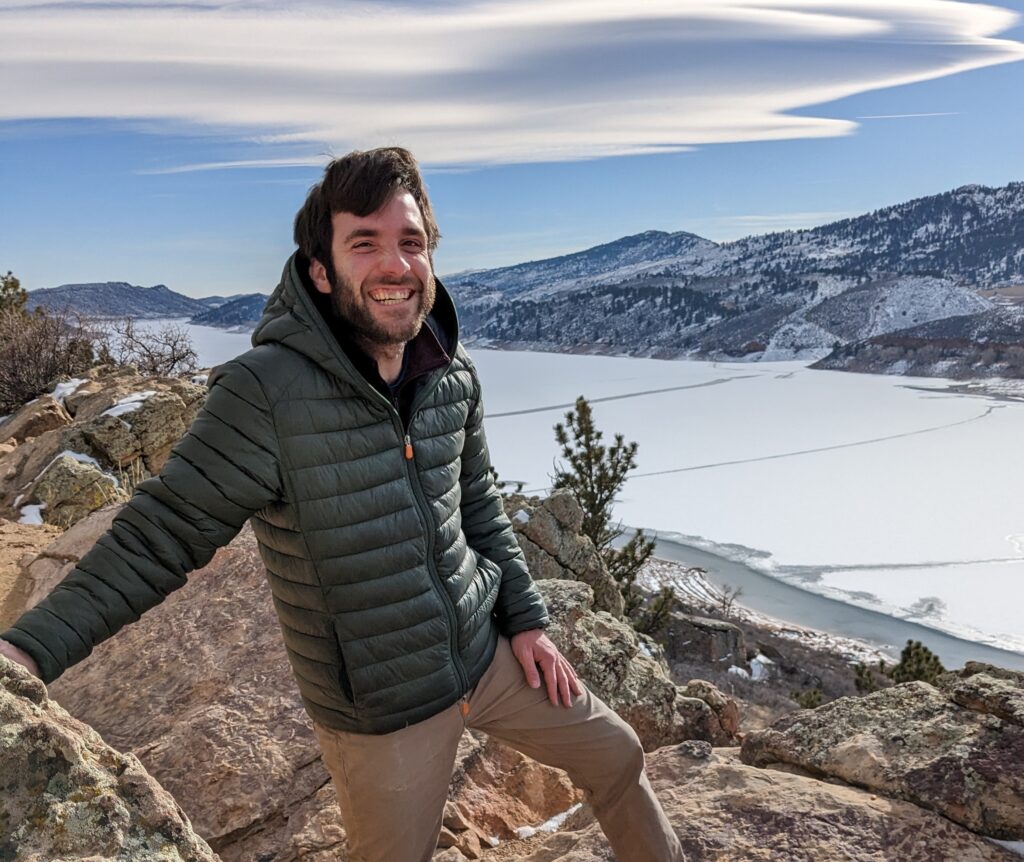
Lucas “Luke” Howard
Internship Season
Summer 2025-2026
Internship Alignment
JTTI
Institution and PhD Advisor
University of Colorado, Boulder | Aneesh Subramanian
Proposal Title
Improved Utilization of Dense Observations in Data Assimilation Systems Using Machine Learning
What inspired you to become a scientist (maybe something from your childhood or youth)?
There is no single moment I can point to, but generally I like getting to ask questions I think are interesting and pursue the answers with relative freedom. I have always wanted that, and at various points in my earlier career in school as well as the private sector I have been frustrated at not being able to do so. Now that I am a member of the scientific community, I can also point to how much I appreciate the humility required by science. Working on the cutting edge of human knowledge requires a certain minimum level of questioning yourself, your results, and your assumptions that makes for an engaging= and enjoyable overall culture. I pinch myself every day that I have the privilege to do what I do and to call such brilliant and humble people my colleagues.
What do you hope to achieve with your WINGS PhD Dissertation Fellowship opportunity?
My general interest is the gap between our scientific understanding of the dynamics of the earth system and our ability to reliably and accurately predict how it will evolve in time. NOAA’s mission-based focus on generating useful predictions and forecast products for a wide range of stakeholders puts them at the cutting edge of solving the problems that will unlock better forecasts. The opportunity to connect with and be mentored by the scientists working on both the cutting edge of knowledge as well as the parallel challenge of translating research into operationally useful technologies is something I am incredibly excited about. My hope is that, collaborating with folks at NOAA, I will have the chance to translate some of my work into demonstrably better forecasts by the end of my fellowship.
How does your research generally contribute to our world as a whole (in a way that the average person can understand and relate to)?
Weather forecasts are extremely sensitive to small errors in estimates of the current state of the atmosphere (known as initial conditions). Satellites provide a lot of value here, offering round-the clock observations across the globe, including many locations that are difficult or impossible to regularly measure directly. Despite this value, and despite the immense cost of designing, building, launching, and operating earth observing satellites, large fractions of their data go unused in weather forecasts. My research aims to develop new tools and techniques using machine learning to address some of the challenges associated with using more of these satellite observations. If we can use more of the data, we can hopefully improve the quality of our initial conditions and the accuracy of weather forecasts.





